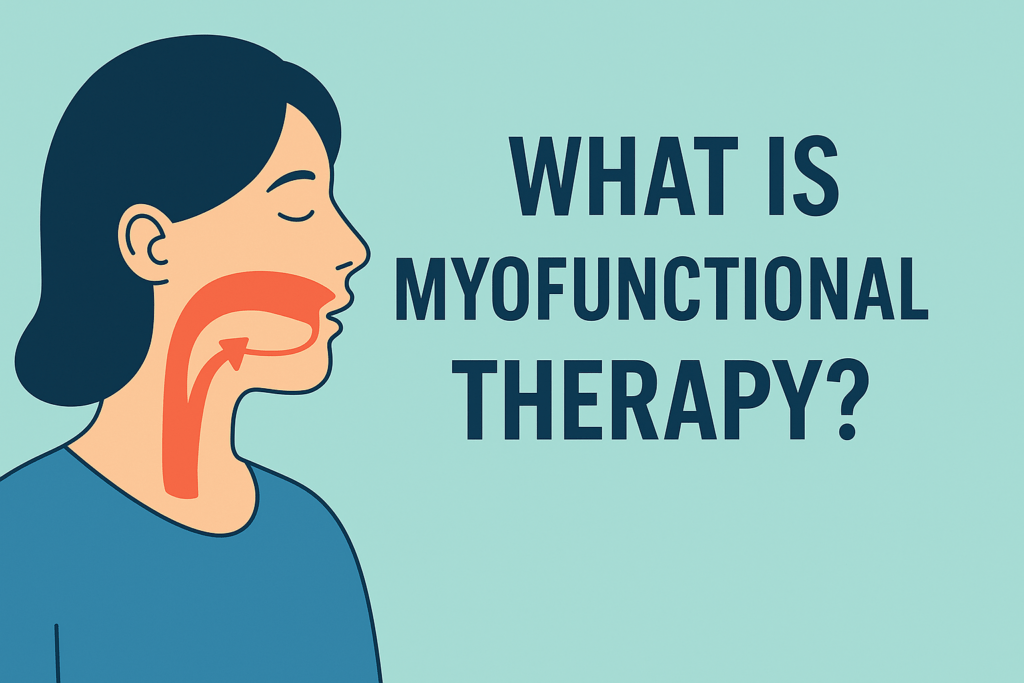5 Surprising Daily Habits That Could Be Worsening Your TMJ Discomfort
Think jaw pain or bite issues only occur after an accident or injury? Think again. Everyday behaviors—like chewing gum or scrolling your phone in bed—could be silently aggravating your temporomandibular joint (TMJ) and affecting your overall comfort and sleep quality. Below are five daily habits you may not realize are contributing to your discomfort—especially if you’re working with a TMJ clinic in Mumbai or seeking help from a TMJ and sleep specialist in Mumbai. 1. Chewing Gum Around the Clock 🕒 Popping a stick of gum might seem harmless, but habitual chewing overworks your jaw muscles—often in unnatural positions. Over time, this constant movement can lead to: Jaw stiffness or soreness Muscle fatigue Increased risk of morning headaches What to do: Reduce how often you chew gum and switch sides while doing so. For targeted care, explore our TMJ Treatment Services to help relax and rebalance your jaw muscles. 2. Poor Smartphone & Screen Posture 📱 “Tech neck” is real. Constant forward head posture, shoulder hunching, and jaw jutting while looking down at screens place strain on your jaw joint. This can cause: TMJ misalignment Increased teeth grinding (bruxism) during sleep Snoring or fragmented sleep What to do: Hold your devices at eye level, take regular breaks, and adopt a posture-conscious workstation. Our TMJ and sleep specialists in Mumbai can help you build ergonomic habits that support your jaw health. 3. Clenching Your Teeth During Stress 😬 Stress often shows up physically, especially in the jaw. Teeth clenching during tense moments—whether you’re aware of it or not—adds pressure to the TMJ, resulting in: Popping or clicking in the jaw Reduced range of motion Persistent neck and facial pain What to do: Practice mindfulness and relaxation techniques, and consider a custom-fit night guard from your TMJ clinic in Mumbai to prevent clenching during sleep. 4. Sleeping in Jaw-Straining Positions 🛌 The way you sleep can either help or harm your jaw alignment. Stomach-sleeping or using the wrong pillow can shift your jaw out of its natural position and lead to: Sleep bruxism Snoring or signs of obstructive sleep apnea (OSA) Morning headaches or jaw tightness What to do: Use a supportive pillow that keeps your neck aligned and avoid lying flat on your back. If symptoms persist, consult a sleep specialist in Mumbai for a comprehensive evaluation. 5. Not Drinking Enough Water or Lacking Key Nutrients 💧🥬 Your jaw joints and muscles rely on hydration and nutrients like magnesium to function optimally. Dehydration or dietary deficiencies can: Increase muscle tightness Exacerbate inflammation Disturb your sleep quality What to do: Stay hydrated throughout the day and eat magnesium-rich foods such as nuts, seeds, and leafy greens. Our holistic care team can guide you on nutritional strategies that support TMJ health. 🔍 Why These Habits Matter These everyday patterns may seem small, but together they can fuel TMJ discomfort, poor sleep, and chronic pain. They increase inflammation in the jaw, disrupt your rest, and make symptoms more difficult to manage. At TMJ Sleep Clinic, we look beyond the symptoms. Whether it’s correcting jaw alignment, easing muscle tension, or offering solutions for snoring and sleep apnea, our focus is on long-term, root-cause solutions. Visit our page for expert care in Snoring Treatment in Mumbai. ✅ Take Action Today If you’re dealing with jaw pain, facial fatigue, or interrupted sleep, these common habits could be the reason. It’s time to make small lifestyle changes—and combine them with expert support. Schedule your visit with a trusted TMJ and sleep specialist in Mumbai, where you’ll receive personalized care that’s tailored to your unique needs. 👉 Book Your Consultation Today 📌 Final Thought Small changes in daily habits can make a world of difference in managing TMJ-related discomfort. With expert guidance from the team at TMJ Sleep Clinic, you’ll find relief that lasts—along with better sleep, less tension, and a more comfortable tomorrow.










